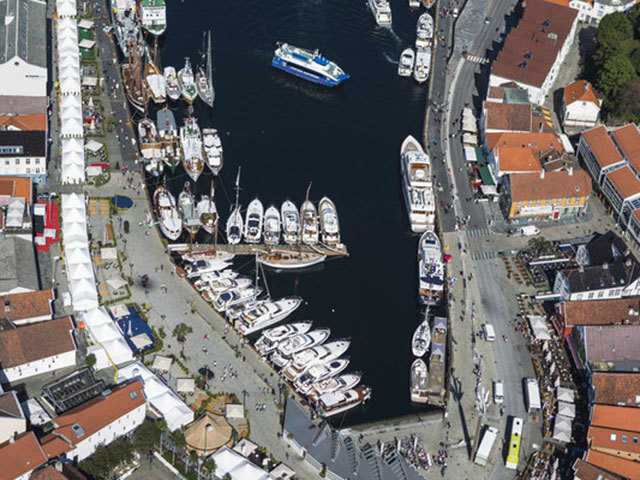
Norway’s Labor Party, the country’s biggest opposition group, is worried about oil majors, such as Exxon Mobil Corp. and Total SA, selling off assets in the North Sea, potentially reducing competition.
Norway, which has seen crude production drop by half since 2000 and has been rattled by a two-year rout in prices, now may face a retreat of big oil companies that could strengthen the already imposing dominance of state-controlled giant Statoil ASA, Torstein Tvedt Solberg, a Labor lawmaker from the oil-rich Rogaland region on the west coast, said in an interview. They could also be replaced by smaller companies more focused on short-term returns and lacking the financial muscle to pull off costly offshore developments, he said.
“We’re worried about the fact that the big oil companies are on their way out,” Tvedt Solberg said in an interview in Oslo. His party’s lawmakers intend to monitor the situation closely, he said.
Norway’s oil industry has been dominated by major international oil companies since the discovery of Ekofisk by Phillips Petroleum Co. in 1969 and as the country became western Europe’s biggest producer of oil and gas. Several of the biggest companies are rethinking their involvement in Norway as reduced exploration yields fewer new projects and as they slash spending to weather the downturn.
Exxon and Total are considering selling oil and gas fields in Norway, people familiar with the matter said over the past weeks. That follows the merger of BP Plc’s Norwegian unit with local Det Norske Oljeselskap ASA, which has grown to become the second-biggest Norway-listed producer. As operator of about 70 percent of Norway’s oil and gas production, Statoil remains the largest by far.
Tvedt Solberg is positive to Det Norske’s merger with BP as it showed the company’s ambitions to keep developing new and existing fields while bolstering the producer’s financial solidity. Still, the overall trend of lower interest from the majors for Norway is worrying, he said.
“One thing is that Statoil’s dominant influence could become even greater,” Tvedt Solberg said. “Another thing is that you could get smaller players taking over. They could be more focused on extracting capital than developing the Norwegian continental shelf.”
“The big oil companies have an important position and role to play on the Norwegian shelf, both today and in the future,” Petroleum & Energy Minister Tord Lien said in an e-mailed response to questions from Bloomberg. “At the same time, we need other types of companies that pursue business opportunities the biggest aren’t interested in.”
Leaner Organizations
“If you foresee a future with long, medium-to-low oil prices, then it’s not unheard of that we need to increase efficiency” among producers in Norway, Det Norske CEO Karl Johnny Hersvik said in an interview on Tuesday. “That may call for smaller, more specialized, leaner organizations in the future.”
While Norwegian authorities and companies may want to take steps to ensure Norway remains an attractive place to invest, the government shouldn’t necessarily be concerned by the trend, Hersvik said.
“The Norwegian regulatory system is one of the most robust regulatory systems that we have,” he said. “If we trusted this system when we built up the shelf, we should trust the system also when we are now entering into a more mature phase.”
Recommended for you
